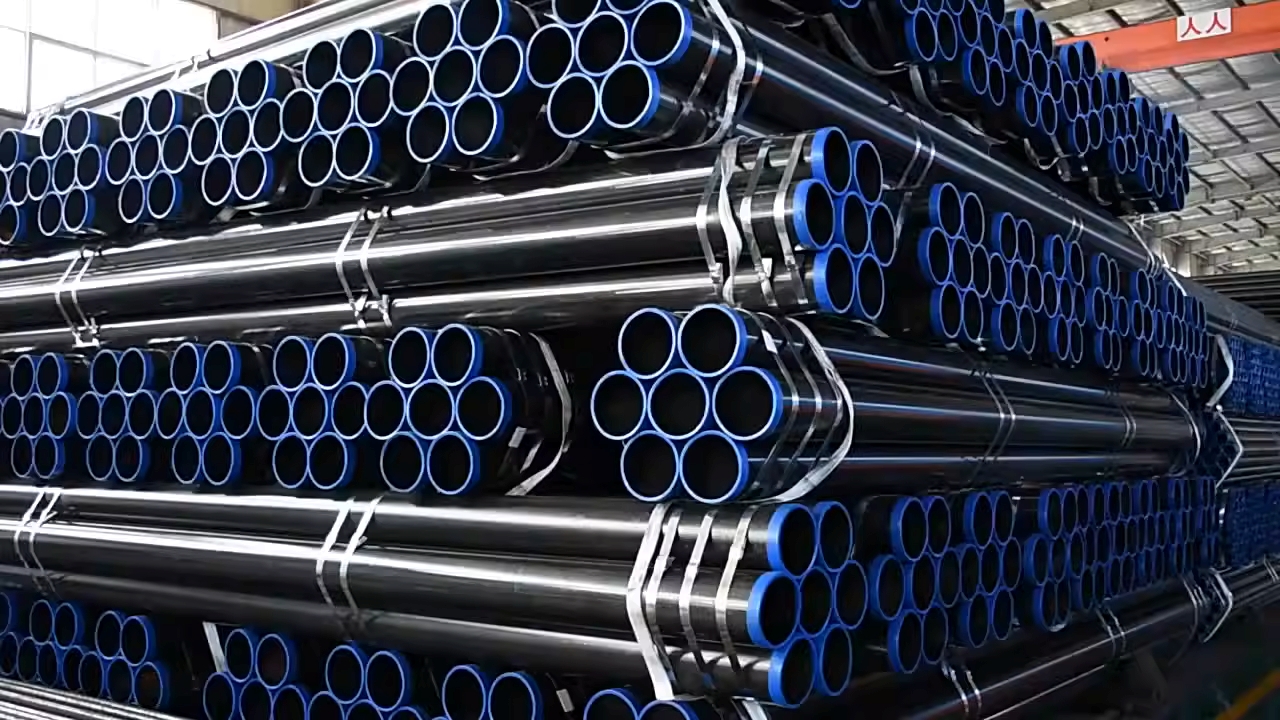Product manufacturers use workshop facilities to construct Carbon Steel Pipe Spool Fabricated as part of their production process. These parts are called “spools.” The spools are produced from carbon steel, which stands as a robust metallic material. Factories complete the production of spools prior to their delivery at construction sites. Workers fabricate pipe sections for infrastructure projects such as factories, power plants, and tall buildings at job sites. The workshop becomes a space for cutting workpieces as well as welding processes to unite components such as pipes, elbows, flanges, and valves. The connecting pieces work together for transporting water and gas alongside oil materials, as well as air products. Workshop fabrication of spools proves to be safer and more efficient than performing the process on the job site. The completed spools proceed to the site where workers assemble them into complete piping networks.
Why Carbon Steel Is a Good Choice
Due to its durability and strength characteristics, carbon steel proves suitable for pipe spool applications. The material withstands heat very well alongside heavy weights and dangerous working environments. Industrial facilities alongside power stations choose carbon steel because of its strength and ability to resist damage from rough conditions. Carbon steel welds easily, so connecting its segments poses no problems. While less expensive than other metals, it proves effective enough for its purposes. The preference for carbon steel as a material for pipe spools drives numerous businesses to select it for their applications.
How Tuspipe Makes Carbon Steel Pipe Spools
Tuspipe makes carbon steel pipe spools with care and skill. Everything starts with a clear plan. This plan shows how big the pipes should be, where they should turn, and where the flanges go. Workers look at the plan before starting the work. First, they cut the carbon steel pipes to the right size. They use special tools to make sure every piece is cut clean and straight. The workers assemble all the components following this step. The workers assemble various pipe components, such as pipes, along with elbows, flanges, and possibly valves for assembly. After welding completion, the workers ensure the weld displays both strength and smoothness before following cleaning and check procedures. Some spools get painted to stop them from rusting. The workers test each spool to make sure it has no leaks and is safe to use. Only when a spool passes these tests is it ready to leave the workshop.
Where These Spools Are Used
Carbon steel pipe spools made by Tuspipe are used in many places. They are common in factories that make products, like food or chemicals. Power plants also use them to move steam, water, or air. Oil and gas companies need strong pipes like these, too, because their jobs are tough. Even in tall buildings, schools, and hospitals, these spools help carry water, air, and other things. These ready-made spools help workers finish the job faster. It also means the job site stays cleaner and safer because most of the cutting and welding is already done in the workshop.
Why Making Spools in a Workshop Is Better
Making pipe spools in a workshop is better for many reasons. First, it keeps the job site less messy. There is less noise and dust because most of the work happens before the spools arrive. This makes the site safer for everyone. Also, workers in a workshop can use the best tools and take their time to get everything just right. They can measure carefully and check the work before sending it out. This means fewer mistakes happen at the job site. The job moves faster because the spools are already made and just need to be connected.
How Tuspipe Checks Quality
Tuspipe cares about making good, safe spools. After making the spools, the workers check every piece to be sure it is right. They look at the welds, measure the size, and test for leaks. Some spools are tested with water or air to make sure they are strong. The workers also check that the spools follow the plan exactly. If something is not right, they fix it before sending the spool out. This helps make sure that, once the spools are at the job site, they fit and work like they should.
Conclusion
Carbon steel spool fabrication is an intelligent solution to construct robust, safe piping systems. The workshop specialists create spools by using carbon steel, which demonstrates both high durability and strength capabilities. The fabrication of spools in advance helps sites maintain better cleanliness and operational speed while maximizing workplace safety. Tuspipe implements detailed manufacturing plans while selecting top-quality materials to execute thorough inspection of every spool until it leaves the workshop. The fabricated spools find their way to factories and power plants, as well as skyscrapers and various other facilities requiring powerful pipe systems. Project completion within deadlines, together with long-lasting operational effectiveness of pipes, results from this production approach.


